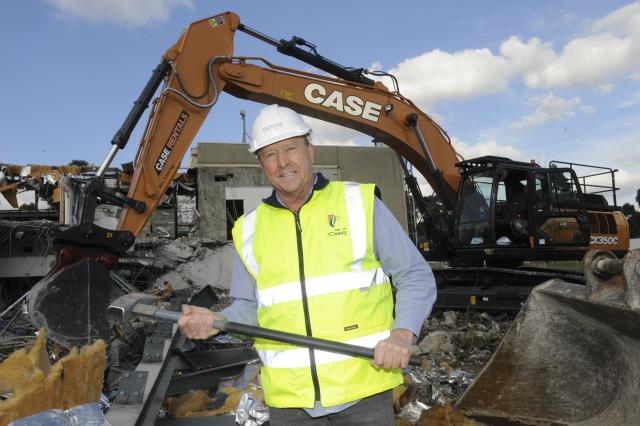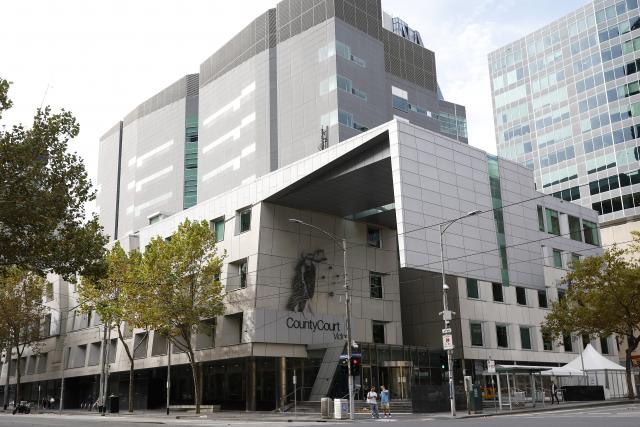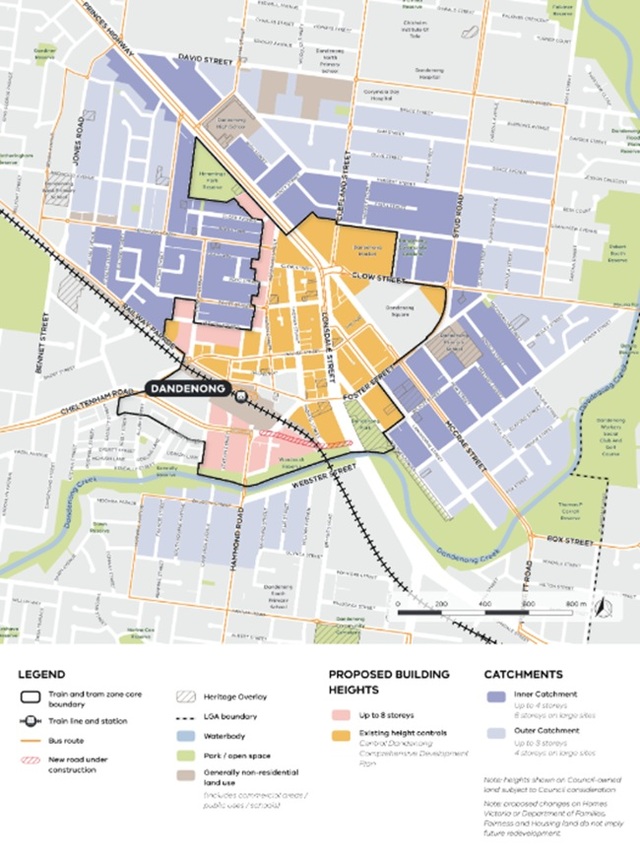The Peninsula Community Legal Centre (PCLC) is advising future clients to be aware of upcoming changes to family law in May.
The laws on how a court makes parenting orders for children after separation will change, aiming to simplify the law and make it more accessible, confirm the best interests of the child as the priority of the family law system, and elevate safety.
While most separating parents make their own parenting arrangements, parents can apply to the Federal Circuit and Family Court of Australia for parenting orders where the parents are unable to reach an agreement.
Parenting orders cover things like how much time a child is to spend with each parent, and who is responsible for making decisions about major long-term issues such as healthcare, schools, and religion.
PCLC chief executive Jackie Galloway said 66 per cent of matters filed in the Federal Circuit and Family Court of Australia in the 2021/22 period involved risk factors such as family violence, child abuse, mental health issues or drug, alcohol or substance abuse putting a child at risk.
“The changes to the law are the result of years of advocacy by victim-survivors of family violence and organisations like ours who work with them,” she said.
“Court data shows that in 2021 to 2022, family violence was alleged in 80 per cent of matters filed in the Federal Circuit and Family Court of Australia.
“While issues of risk have long been considered, previously the language of “safety” was not used in the Family Law Act when it came to decisions about parenting.”
Under the new reforms, the courts must now explicitly consider the safety of the child and their carer, along with five other issues in a new, simplified list of factors to consider when determining the parenting arrangements which will be in the best interests of a child.
“By removing the word ‘equal’, the new reforms make it clearer that there is no parental entitlement to equal responsibility or equal time with children under Australian law,” she said.
“Who will have parental responsibility is solely guided by what is in the best interests of the child, including safety, and is decided on a case-by-case basis.”
Ms Galloway said the majority of the new changes will come into effect on Monday 6 May.
“From then, the changes will apply to all new and existing parenting proceedings, except where the final hearing has already begun,” she said.
“So if you have a family law matter where the final hearing has not started before 6 May 2024, these laws will apply to you.”
For more information, contact PCLC on 9783 3600 or pclc@pclc.org.au

















